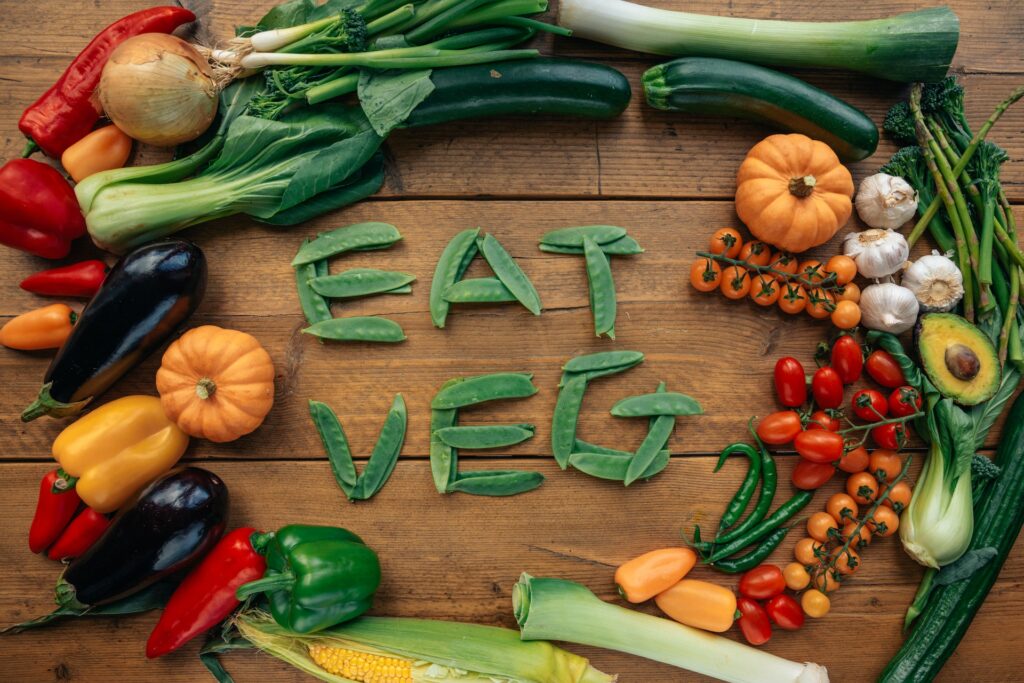Organic Farming vs. Conventional Farming: The Pros and Cons
Farming has come a long way since the dawn of agriculture thousands of years ago. With the advent of modern farming techniques, the use of synthetic fertilizers and pesticides has become widespread. However, in recent years, the organic farming movement has gained momentum, with more and more farmers opting for sustainable and natural methods of cultivation. But how does organic farming compare to conventional farming? Let’s take a closer look at the pros and cons of both.
Advantages of Organic Farming
- Health Benefits: Organic food is grown without the use of synthetic pesticides and fertilizers, which can leave harmful residues on crops. Organic farming also prohibits the use of genetically modified organisms (GMOs) and irradiation, which have been linked to health risks.
- Environmental Sustainability: Organic farming practices are designed to reduce the impact of agriculture on the environment. Organic farmers use natural methods of pest control, such as crop rotation, intercropping, and the use of natural predators, to reduce the need for synthetic pesticides. Organic farming also promotes the use of composting, cover cropping, and other sustainable practices that help to maintain soil health and fertility.
- Higher Nutritional Value: Studies have shown that organic crops contain higher levels of nutrients such as vitamins, minerals, and antioxidants compared to conventionally grown crops.
Disadvantages of Organic Farming
- Lower Yields: Organic farming typically yields lower amounts of produce compared to conventional farming methods, due to the lack of synthetic inputs that help to boost crop yields.
- Higher Costs: Organic farming can be more expensive due to the higher labor costs involved in manual weed and pest control, as well as the cost of certification.
- Longer Growth Time: Organic crops typically take longer to grow, as natural fertilizers take longer to release nutrients compared to synthetic fertilizers.
Advantages of Conventional Farming
- High Yields: Conventional farming methods typically yield higher amounts of produce compared to organic farming, due to the use of synthetic fertilizers, pesticides, and other inputs that help to boost crop yields.
- Lower Costs: Conventional farming can be less expensive than organic farming due to the lower labor costs involved in using synthetic inputs.
- Faster Growth Time: Conventional crops typically grow faster than organic crops, as synthetic fertilizers release nutrients more quickly than natural fertilizers.
Disadvantages of Conventional Farming
- Environmental Damage: Conventional farming can lead to environmental damage, such as soil erosion, water pollution, and loss of biodiversity, due to the use of synthetic inputs.
- Health Risks: The use of synthetic pesticides and fertilizers in conventional farming has been linked to health risks, such as cancer and other diseases.
- Reduced Nutritional Value: Studies have shown that conventionally grown crops may contain lower levels of nutrients compared to organic crops, due to the use of synthetic inputs.
In conclusion, both organic farming and conventional farming have their pros and cons. While organic farming is more sustainable and healthier, it may yield lower amounts of produce and have higher costs. Conventional farming may yield higher amounts of produce and have lower costs, but it can lead to environmental damage and health risks. Ultimately, the choice between organic and conventional farming depends on individual preferences and priorities.




